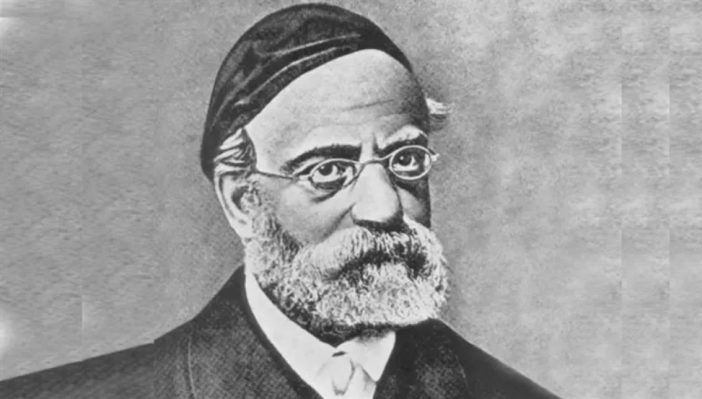“Yeshurun became fat and kicked… and it deserted G-d, its Maker, and was contemptuous (vayenabel) of the Rock of its salvation.”
The Torah warns that prosperity can breed arrogance. The word vayenabel is striking. It comes from naval—to wither—as in the Yom Kippur prayers that describe man as “a withered flower, a passing shadow.” We also encounter it in nivul peh (profanity), the debasing of speech, the “withering” of the tongue.
Rav Samson Raphael Hirsch explains: in this verse, vayenabel means that Israel would one day treat G-d as “worn out, used up.” They would say: “In the past, when we were oppressed, we needed Him. But now, with equality, rights, and freedom—loyalty to Him is antiquated, an old-fashioned burden we must discard.”
But this, Hirsch insists, is a tragic error. Judaism does not teach that G-d is merely a refuge in distress. He is also the source of vitality in prosperity, the springboard for greatness when times are good. To view Him as irrelevant once the crisis passes is not only ungrateful—it is a distortion of what Judaism is.
History proves Hirsch right. For nearly a century, countless young intellectuals in the West assumed “G-d has outlived His usefulness.” Yet today, many look around at the cultural decay, the withering of meaning, and whisper: “Perhaps G-d is not irrelevant after all.”
Rav Hirsch (1808–1888), who led Frankfurt’s Jewish community for over 35 years, saw this danger in his own time. With brilliance and passion, he reminded German Jewry that G-d is not an obstacle to happiness and success—He is the very key to it.





